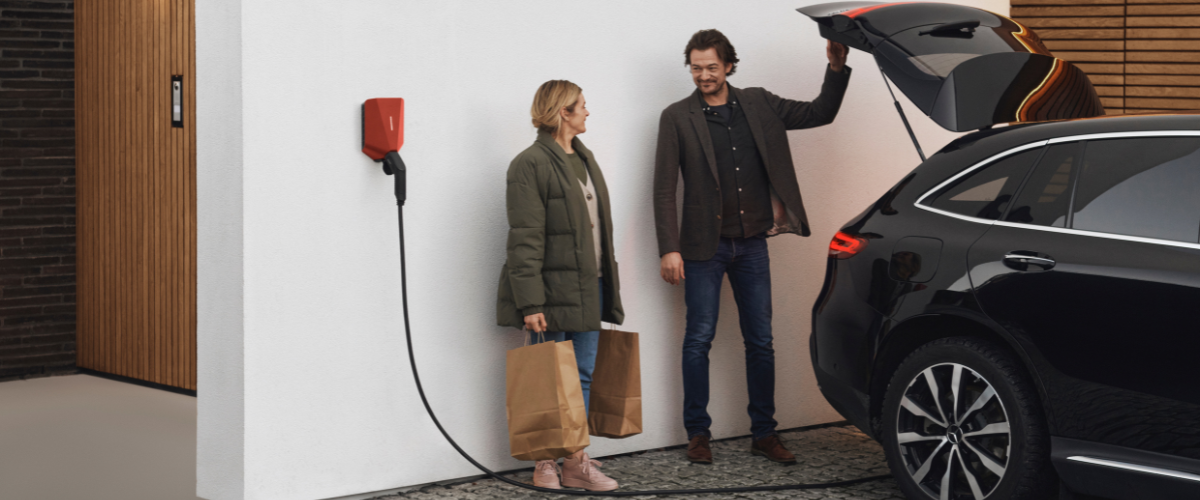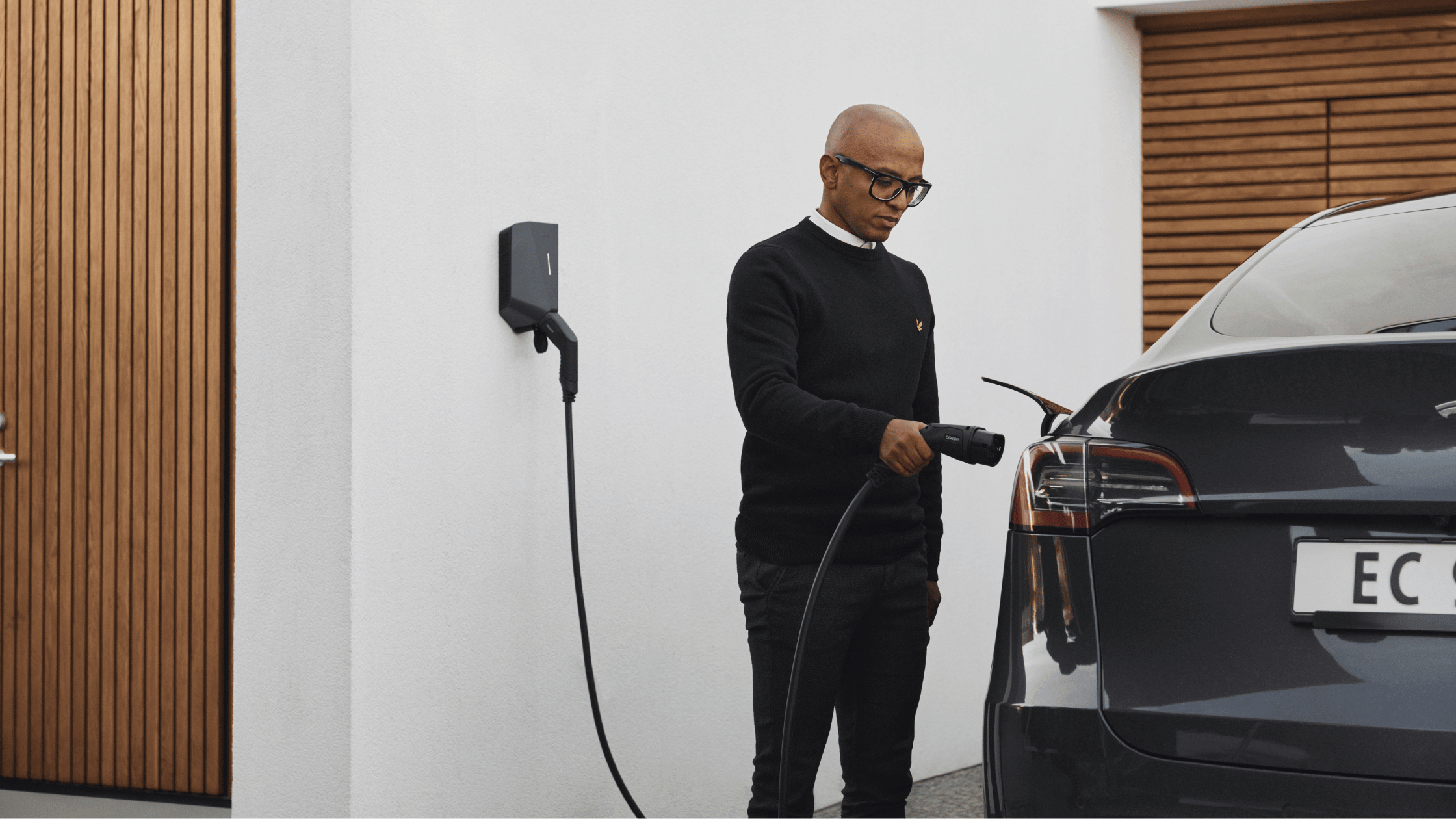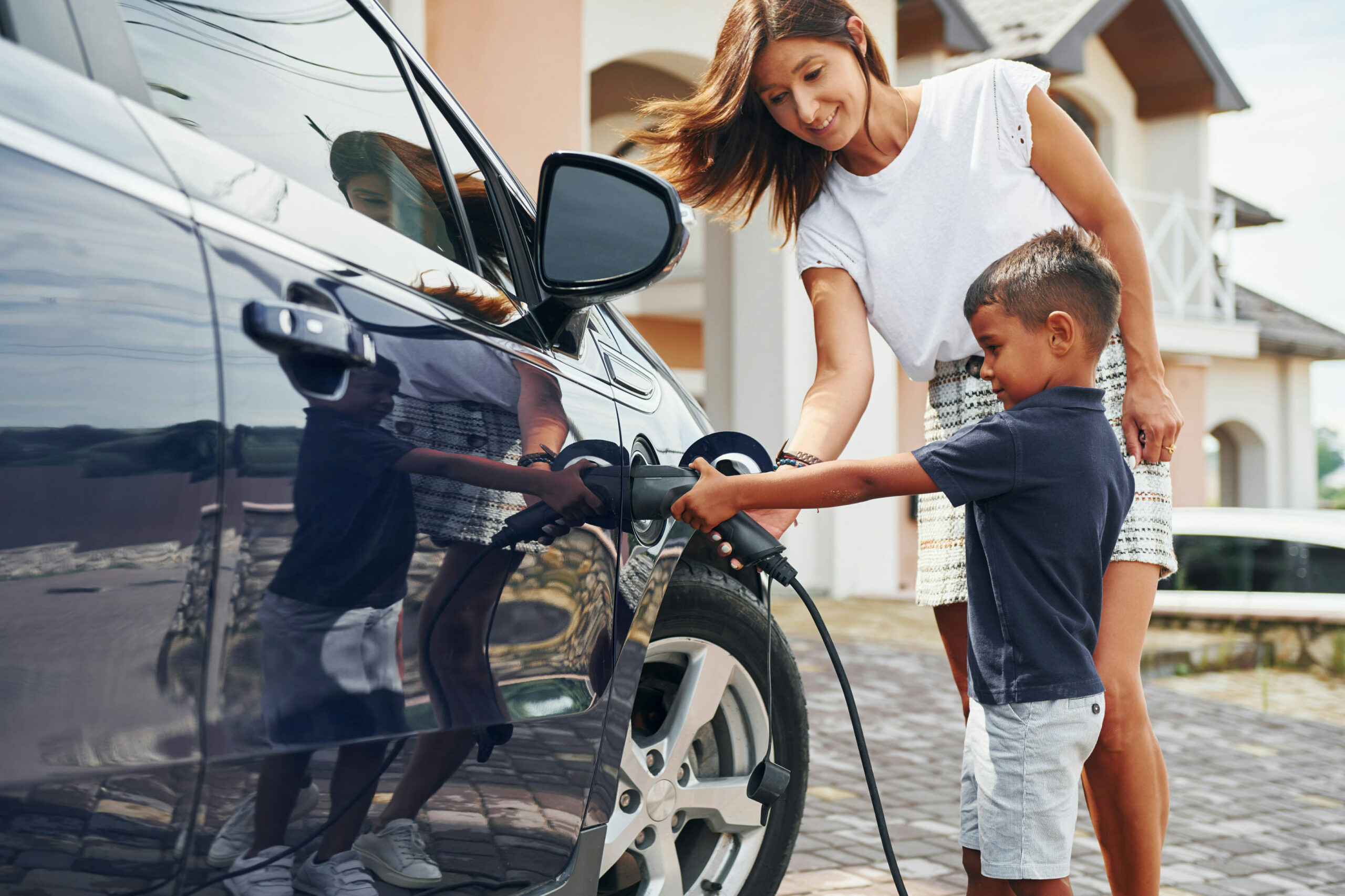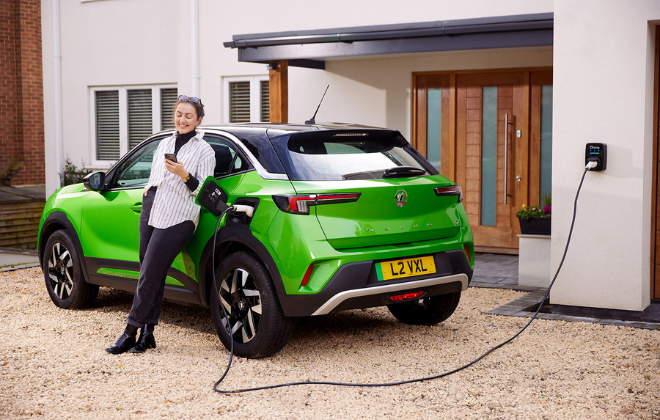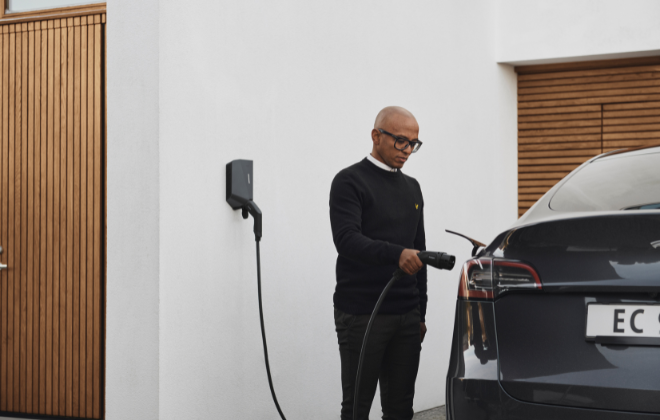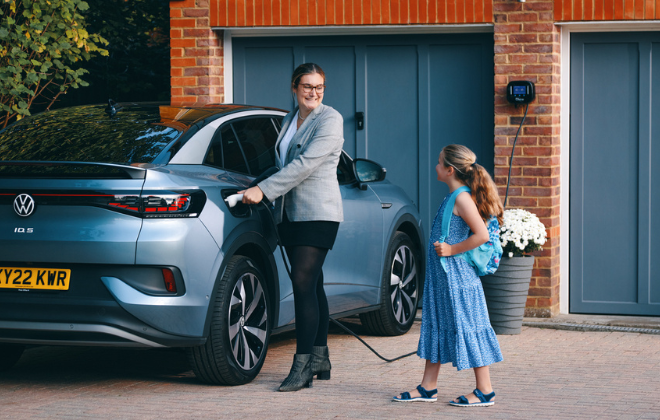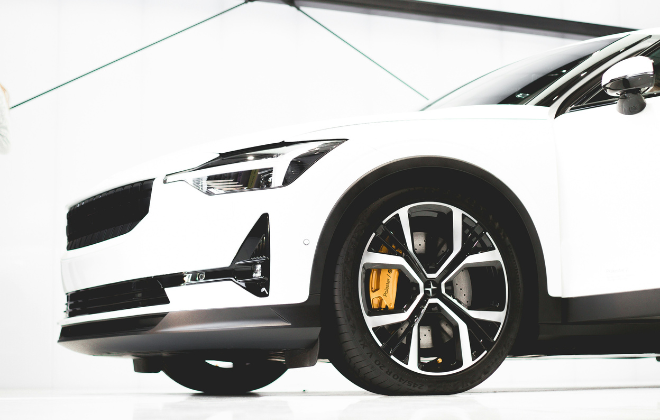
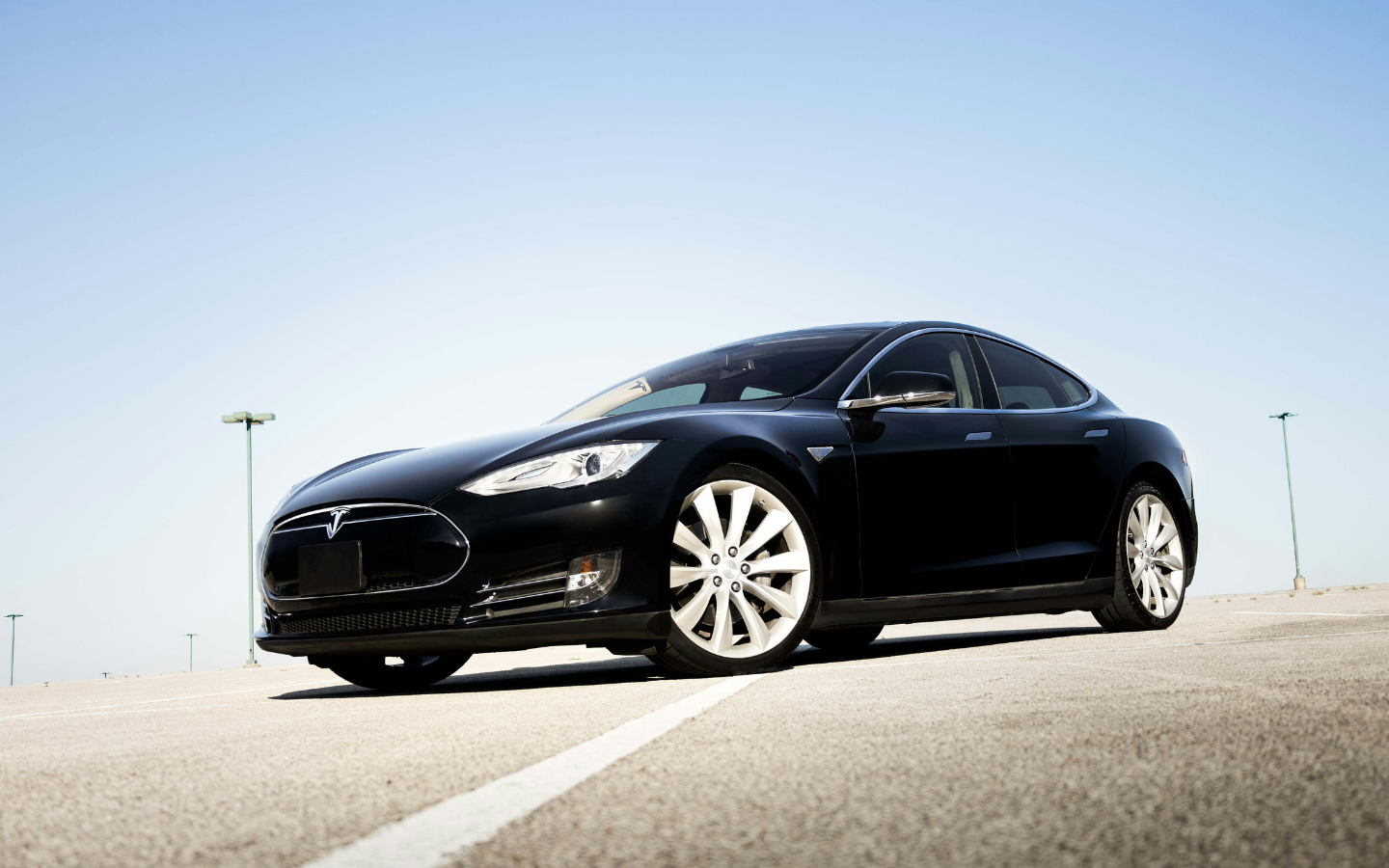
When will all cars be electric in the UK?
When will all cars be electric in the UK?
As the world grapples to combat climate change and reduce carbon emissions, electric cars have come into the centre of focus. In fact, electric vehicle sales are soaring, and with over 1,145,000 pure electric cars and a further 670,00 plug-in hybrids in the UK, it’s fair to say the switch to electric is well underway in the United Kingdom.
But with a large segment of UK car owners still possessing petrol and diesel vehicles, and with Prime Minister Rishi Sunak pushing back the 2030 ban on the sale of new petrol and diesel vehicles to 2035, one question remains: when will all cars be electric in the UK?
In short, while the EV industry is already blooming, it’s likely that most car owners will convert to electric from 2035 and onwards when the delayed UK government ban on the sale of petrol and diesel vehicles comes into play. That being said, a variety of aspects will factor into when all cars will be electric in the UK.
In this blog, we will explore the likely timeline of EV adoption, including the diesel and petrol ban, the current state of the EV market, and opportunities associated with the electrification of the UK’s automotive industry in this blog.
When will all cars be electric in the UK?
Originally, the ban on the sale of new petrol and diesel cars and vans was due to come into effect in the UK in 2030. However, recent developments have meant that this ban has been delayed until 2035. With this ban, all newly registered cars in the UK will need to be electric or zero-emission vehicles – petrol and diesel alternatives will no longer be for sale.
Even with the delay, the ban signals a milestone in the transition to a fully electric future. And with the UK ban on the sale of new petrol and diesel cars, it’s likely we will see a drastic increase in the number of EVs sold from 2035 onwards, claiming a large segment of the market share in the car industry.
That said, there will likely be a surge in electric car adoption from 2030 as large car manufacturers, such as Nissan, have pledged to go fully electric by 2030. On top of this, the British government introduced the zero emission vehicle (ZEV) mandate – where 80% of new cars and 70% of new vehicles must be zero-emission by 2030 – which will increase EV adoption before 2035.
However, the timeline for achieving a fully electric vehicle fleet in the UK will depend on several factors and scenarios: technological advancements, infrastructure development, consumer adoption rates, and any further potential delays.

So, this begs the question – will all cars be electric by 2030 in the UK? Or will they be electric by 2035?
It’s unlikely that all cars will be electric by 2030 or 2035 – but the transition will be well underway, with the number of electric cars likely well into the millions. Of course, it’s important to note that banning the sale does not mean that all existing petrol and diesel cars will suddenly disappear from the roads. The focus is on new petrol cars and diesel vehicle sales, so pre-owned/second-hand petrol and diesel cars will still be available on the market.
You can still drive petrol and diesel cars on British soil after 2035 as it’s only a ban on the sale of new ICE vehicles, not on use. But, given that the average lifespan of petrol and diesel cars is 11 years (depending on the model and how well you take care of the vehicle), it’s unlikely petrol and diesel vehicles will be around forever.
With this in mind, the longevity of ICE cars suggests that while new petrol and diesel cars will be banned from UK roads – older petrol cars will likely still be in use in the following decades, potentially pushing into the late 2040s before fizzling out of use.
Certain exceptions do exist; for example, this timeline also doesn’t include historic or classic cars, which while rare, will stay in circulation due to the history and rarity of such vehicles. However, in recent years, many classic cars have been converted to electric. In fact, certain businesses are coming to market that are dedicated to converting classic cars into electric, such as Electrogenic or Retroelectric Cars.
But it’s important to note that the value of petrol and diesel vehicles will be substantially less as time goes on with UK drivers. Although, classic cars are unlikely to be struck by this conversion. It’s likely that petrol and diesel costs, such as maintenance and running costs, may also become more expensive for ICE drivers as the UK aims to phase them out. Additionally, with the introduction and uptake of electric cars, it’s unlikely the infrastructure will stick around forever for ICE vehicles.
Another factor to consider is how the sale of new hydrogen vehicles will also be available to purchase along with battery electric vehicles, so it depends on the buying patterns of the British public as to which prevails in the car industry.

Will the sale of new hybrid cars be banned in 2035 too?
In terms of the original ban on the sale of petrol and diesel vehicles in 2030, hybrid electric cars were not included – hybrid cars were originally meant to be banned from 2035, regardless of the postponement.
Hybrid cars are perfect for those who don’t want the commitment of a fully electric car, or those with range anxiety could purchase a car that has both an internal combustion engine and an electric engine, but after 2035, only new battery electric vehicles will be for sale.
Why is the sale of new petrol and diesel cars ban coming into effect?
Transport is one of the biggest polluting sectors, with petrol and diesel vehicles being significant contributors to greenhouse gas emissions. In fact, internal combustion engine (ICE) vehicles release carbon dioxide and other pollutants, such as nitrogen oxides (NOx), into the atmosphere, which have detrimental effects on air quality and human health.
Air pollution, in general, poses a significant public health risk, especially when taking into consideration urban cities where pollution levels are soaring.
To tackle this risk, the UK government set the target of reducing emissions to net zero by 2050. Initiatives such as Clean Air Zones and the Ultra Low Emission Zone have already been introduced in the hopes of decreasing these toxic pollutants. But, given the significance that petrol and diesel vehicles play in terms of air pollution, the UK government brought in the ban on the sale of petrol and diesel vehicles by 2030 – now 2035 -encouraging the adoption of electric vehicles.
Battery electric cars have no internal combustion engine, therefore making them zero emission at the tailpipe. Given that electric vehicles have no internal combustion engines, making EVs zero emission at the tailpipe, battery electric vehicles are a perfect alternative to ICE vehicles. The ban on the sale of new petrol and diesel vehicles by 2030 – now 2035 – is, therefore, a strategic move to help meet the UK’s goal of becoming net zero by 2050.
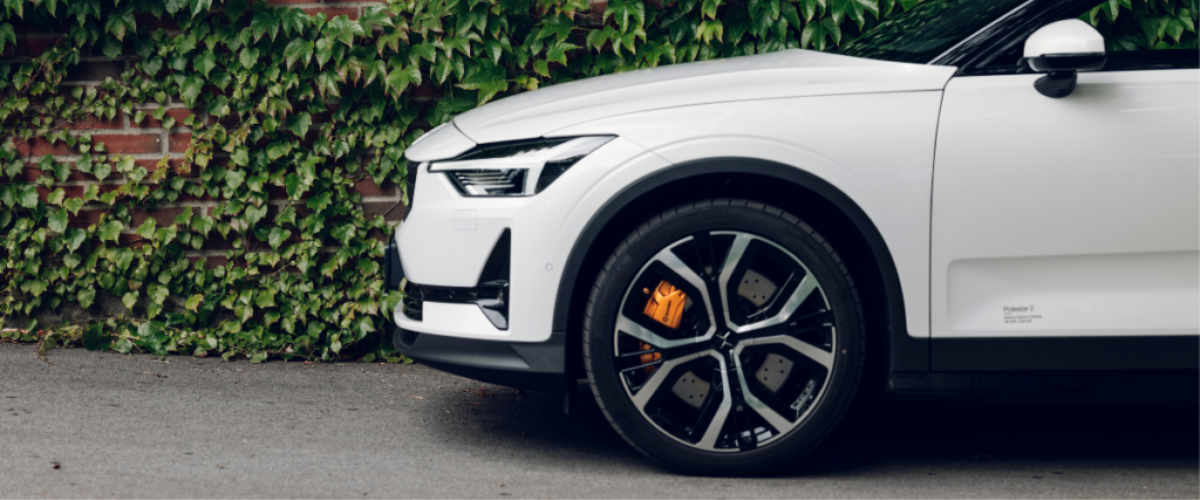
Is the UK ready for the surge in electric cars?
Fears surrounding a lack of EV charging infrastructure across the UK are often the biggest concern when asked if the UK is ready for electric and hybrid cars, adding to the barriers to EV adoption. But in our opinion, yes, the UK is ready for the surge in electric cars – and capability will only increase with time as EV infrastructure continues to develop and spread across the UK.
In fact, the number of electric car charging points in the UK is soaring on a month-by-month basis – 62,536 to date– and this figure will only continue to grow. Public charging infrastructure, especially, is improving rapidly – in addition to the emergence of new EV charging solutions such as the ChargeArm for those without off-street parking.
Grumbles in relation to the potential strain on the grid also have emerged when asking the question – is the UK ready for electric cars due to the increased electricity capacity? However, there is no need to worry – certain regulations, such as the Smart EV Charging Regulations, ensure the UK grid will be adept at handling the surge in electricity that will come when UK drivers move over to electric vehicles. In fact, the National Grid has stated that the grid can cope with the increased demand easily.
Summary:
- The ban on petrol and diesel vehicles has been delayed to 2035 by Rishi Sunak. Now, 2035 is a key date when asking the question of when all cars will be electric, as the ban on the sale of new petrol, diesel, and hybrid cars will come into play.
- It’s likely, with incoming bans on ICE vehicles and the current number of electric car registrations, that electric cars will take over in the upcoming years but will become more prevalent post-2030/2035. More so, after 2040, when petrol and diesel vehicles start to disappear completely. However, certain factors could impact the speed at which the UK public takes to electric cars.
Buying an electric vehicle? Or have you already made the switch to electric?
Invest in a home electric car charger and instantly benefit from cheaper, faster and greener charging sessions.
If you are looking to get an EV charger installed at your home, click below to get your free quote, or contact us for more information or any queries you may have.
For more information and our latest updates, follow us on Facebook, Instagram, Twitter, LinkedIn and YouTube.
Related articles_
Stay up to date on the latest from We Power Your Car_
I consent to receive newsletters from We Power Your Car. Please see our Privacy Policy
